Items Tagged with 'child psychiatry'
ARTICLES
Expert Q&A
Targeted Treatment of Depression in Children and Adolescents
Joshua Feder, MD
Associate clinical professor, Department of Psychiatry, University of California, San Diego School of Medicine, San Diego, CA; Editor-in-Chief, The Carlat Child Psychiatry Report.
Special thanks to Mara Goverman for facilitating this interview. You can hear more from Ms. Goverman on our podcast, available wherever you get your podcasts.
Expert Q&A
Managing School Refusal
Raman Marwaha, MD
Associate professor, residency program director, and vice chair of education, Case Western Reserve University; child psychiatrist, Metro Health System; Cleveland, OH.
Dr. Marwaha has no financial relationships with companies related to this material.
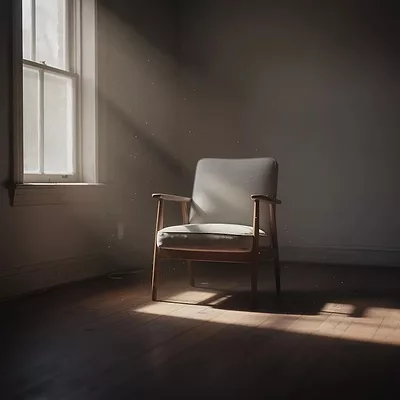
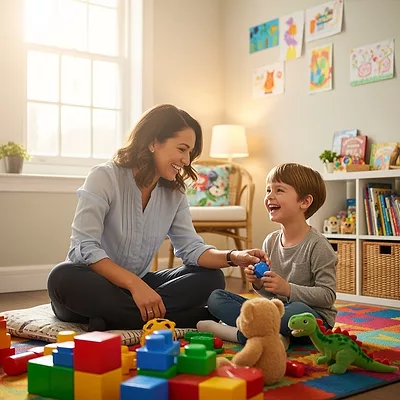


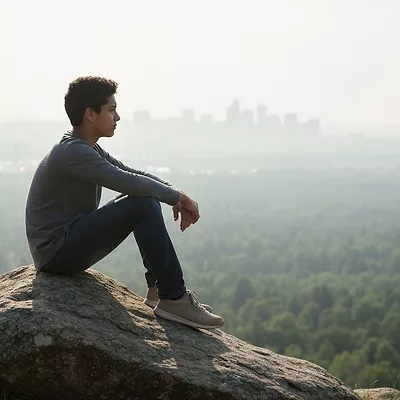
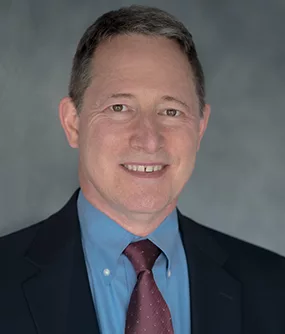

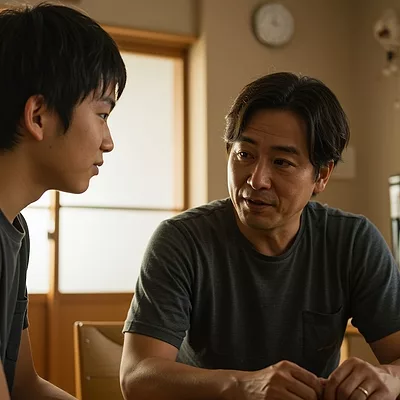
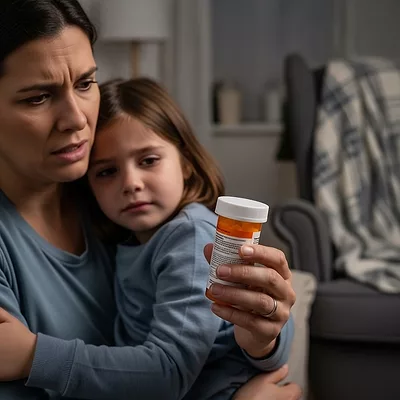
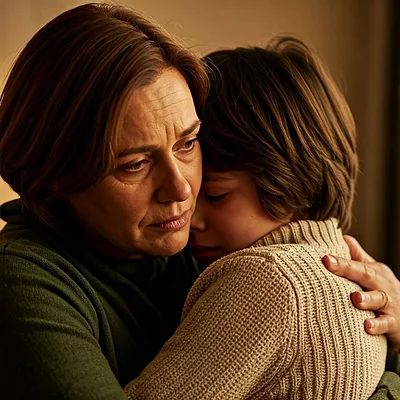

_-The-Breakthrough-Antipsychotic-That-Could-Change-Everything.webp?t=1729528747)



